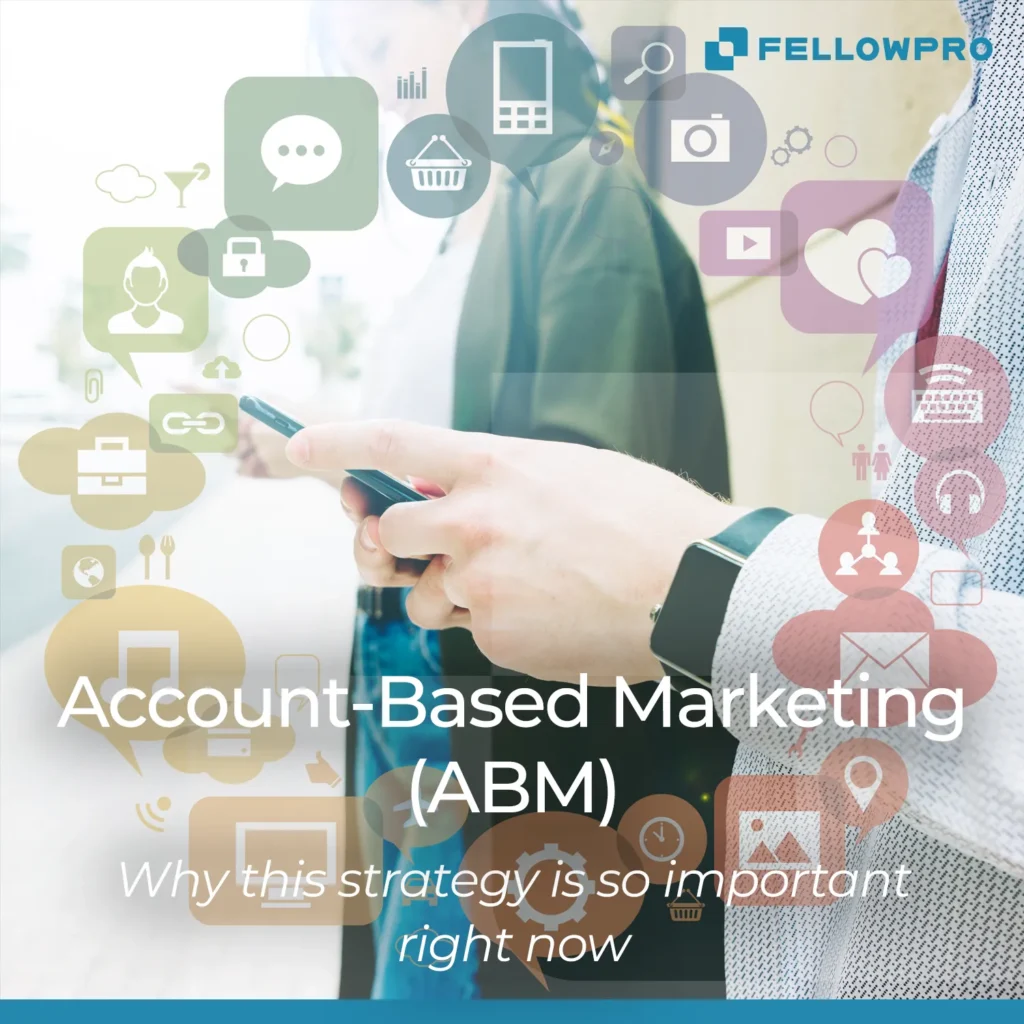
Even greater efficiency, control, and flexibility for your workflows Our latest update brings numerous improvements to the platform that will make your daily work noticeably
When we look around the web, we increasingly find content generated by artificial intelligence. This can be in the form of texts, animations or even images. What’s more, this AI-generated content often appears as deceptively real as if it had been written/created by a human being.
But this is precisely what many consider to be a problem. For example, AI can be used to spread disinformation and misinformation. Sometimes this even happens unintentionally, because even advanced text generators like ChatGPT can occasionally provide false information without users noticing.This begs the question: should such content be labelled?
Because of these challenges, both the European Commission and the US government have started to require internet companies to label AI-generated content as such. The idea behind this: Users should be able to immediately identify whether the content they are consuming was created by an AI. So far, implementation is voluntary in the US and the EU. However, some large companies, including Google and its subsidiary YouTube, Facebook and TikTok, have already signed the EU Code of Conduct against Disinformation of 2022. This commits them to flagging AI content on their platforms.
Here are some examples:
The use of AI-generated content has, of course, huge benefits, especially in areas such as content marketing and e-commerce. Companies use AI-generated content to reduce costs and increase their efficiency. However, there is a risk that consumers could be deceived if they cannot tell that the content was created by a machine. The labelling requirement would increase transparency and ensure that readers know what they are consuming. This move is intended to promote transparency and trust in artificial intelligences.
The use of AI-generated content will undoubtedly continue to grow. In this growing era of automation and AI, it is crucial that we think about the ethics and transparency of this content. The introduction of mandatory labelling could be an important step in maintaining consumer trust and preserving the integrity of the digital space.

Even greater efficiency, control, and flexibility for your workflows Our latest update brings numerous improvements to the platform that will make your daily work noticeably

step by step Since January 2025, companies in the B2B sector are required to be able to receive electronic invoices. The obligation to issue e-invoices—meaning

Marketing is constantly evolving—and with it, customer expectations. Mass emails and broad campaigns often no longer deliver the desired results. Companies are therefore looking for

Digitalization is rapidly changing the world of work. Document processing in particular shows how much companies can benefit from automation: invoices are entered faster, data

– and how to avoid common mistakes Imagine sending an important email to a customer – and the address is wrong. Or ordering goods you